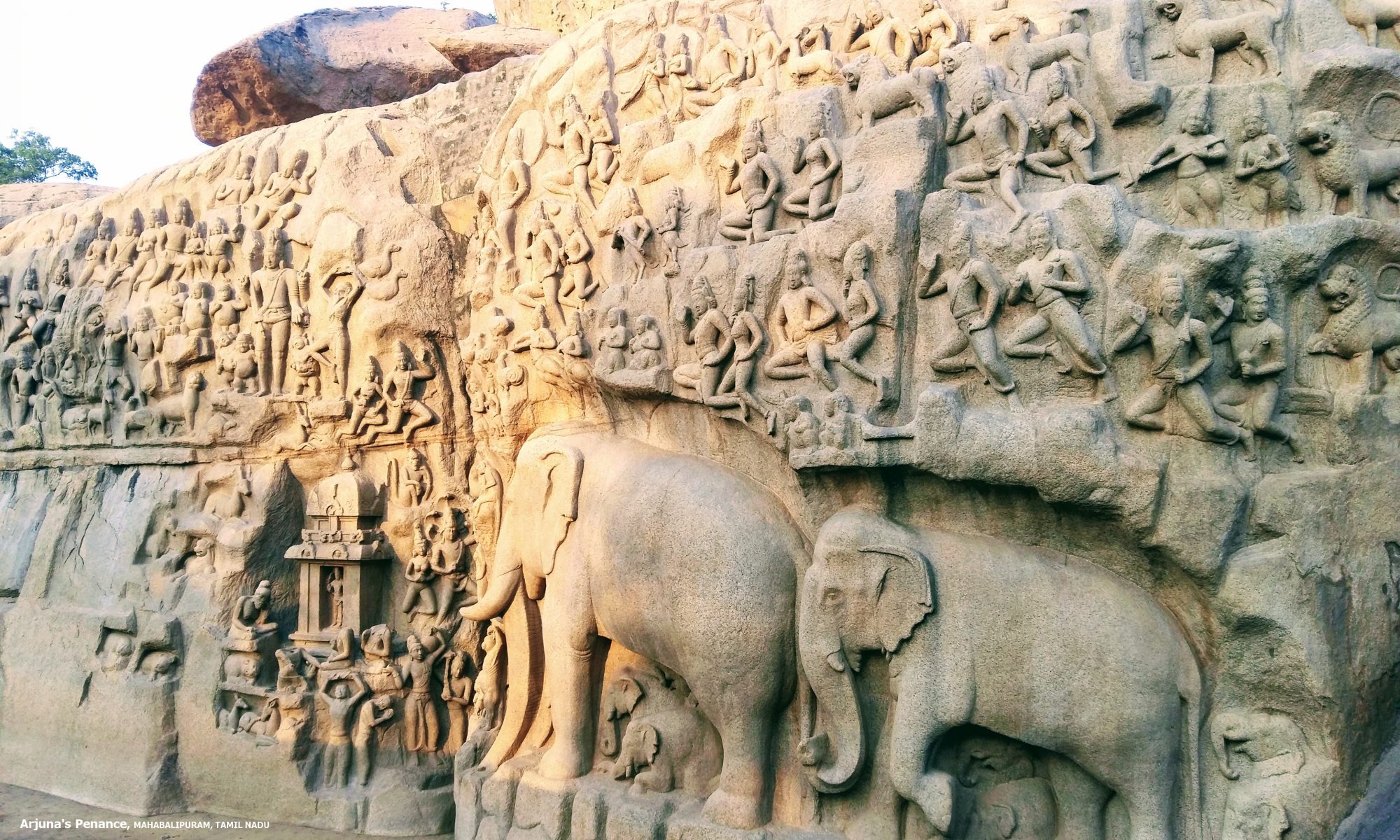The universal ideas of different religions continue to attract me despite my conversion to Islam. In fact, it is because of the universal ideas highlighted in Islamic Sufism that I converted to Islam in 1994.
In pursuit of these universals, I have been obsessed with the Bhagavad Gita. So, just a few months ago, I could not believe my luck! Mahabharata Director Peter Brook’s play, The Battlefield, was coming to San Francisco.
Inspired by the current Syrian War, the play is based on part of the Mahabharata, the vast Hindu epic that also contains the Bhagavad Gita, known as the Bible of Hinduism.
So my friend Evie and I booked tickets. I eagerly drove 400 miles to San Francisco only to find I was a week early. Annoyed with myself, I turned around and drove home.
Set in ancient India, the play’s title refers to the battlefield where millions of dead and mutilated bodies lie after a great war between the Kauravas (mostly bad) and the Pandavas (mostly good). These two sets of cousins fought for the throne. At stake is the order of the universe.
I drove back again the next week, and we were off to the theater. At Evie’s suggestion we had tickets in the mezzanine, the first balcony. I had happily agreed – it was significantly cheaper.
We had a good view of the simple set and colorful props. But, I could only hear 20-30% of the dialogue. I could hardly see any expression on the faces of the actors. I am old. Frustrating.
Evie hated the play and ranted all the way to the car, most likely for the same reasons. I did not ask. She too is getting old.
But even though I hardly knew what the play was about, I emerged with an odd feeling of peace. Why was that? Reviews have said Peter Brook is a shaman. Was I bewitched?
Once more making the 400 mile drive home, I was discomfited. Why did I feel this peace when I could not understand the play? Then a burst of insight. Simple, I had to return the next week and get a decent seat. And so I did. Third row center. I understood the play and it was stunning.
Peter Brook has been involved with the Mahabharata, India’s great epic, for decades. With his collaborators, Marie-Helene Estienne and Jean-Claude Carriere, he received rave reviews and made theater history in 1985 by asking the audience to sit on hard benches and watch the Mahabharata as a nine-hour play. This was followed by a shorter TV miniseries and then a five ½ hour movie on YouTube. His work has been seen around the world, from prisons and schools to theaters of the elite.
Here is the background. The great Indian god Vishnu incarnates when the world is in trouble. Lord Krishna is Vishnu’s eighth incarnation. He advises Arjuna, the unrivaled warrior of his time and the leader of the Pandava army. Arjuna does not want to fight because his relatives, friends, and teachers are on both sides and they will die. In the Bhagavad Gita, the heart of the Mahabharata, Krishna advises Arjuna to fight this righteous war, to do his duty, to follow the path of Karma Yoga, right action for the good of all, without thought of reward, fame, or outcome. To great effect, Krishna reveals himself as Absolute Reality. As a result, Arjuna, his four Pandava brothers, and their forces fight the Kauravas and their forces. The Pandavas win the throne with
Arjuna does not want to fight because his relatives, friends, and teachers are on both sides and they will die. In the Bhagavad Gita, the heart of the Mahabharata, Krishna advises Arjuna to fight this righteous war, to do his duty, to follow the path of Karma Yoga, right action for the good of all, without thought of reward, fame, or outcome. To great effect, Krishna reveals himself as Absolute Reality. As a result, Arjuna, his four Pandava brothers, and their forces fight the Kauravas and their forces. The Pandavas win the throne with great cost of life.
After the war, Yudishthira, the eldest of the five Pandavas becomes king. All five Pandava brothers have gods as fathers. Yudisthira’s father is the god Dharma. Yudishthira, feels guilt for his part in the war. He wants to retreat to meditate in the forest. The play is about Yudishthira’s accepting his duty to become king and rule justly.
But why did I feel such peace after the first time I saw the play?
Many ideas, occurrences, and parables were selected from the original text of the Mahabharata, carefully woven together and trimmed with wit. But, most important, throughout the play, characters addressed in many ways the multiple meanings of dharma. Dharma as the right order of the universe. Dharma as duty and righteous conduct.
The first time, and with greater understanding the second time, I felt this play permeated with reminders of the delicate relationship between destiny and free will. And somehow it is all ok.
Regarding his 5 1/2 hour movie, The Mahabharata, Peter Brook says “I never try to impose any meaning on anyone. Everyone should have their own experience.” Now you know why he has been called a shaman.
The Battlefield displays the possibilities of transcendence in art.


